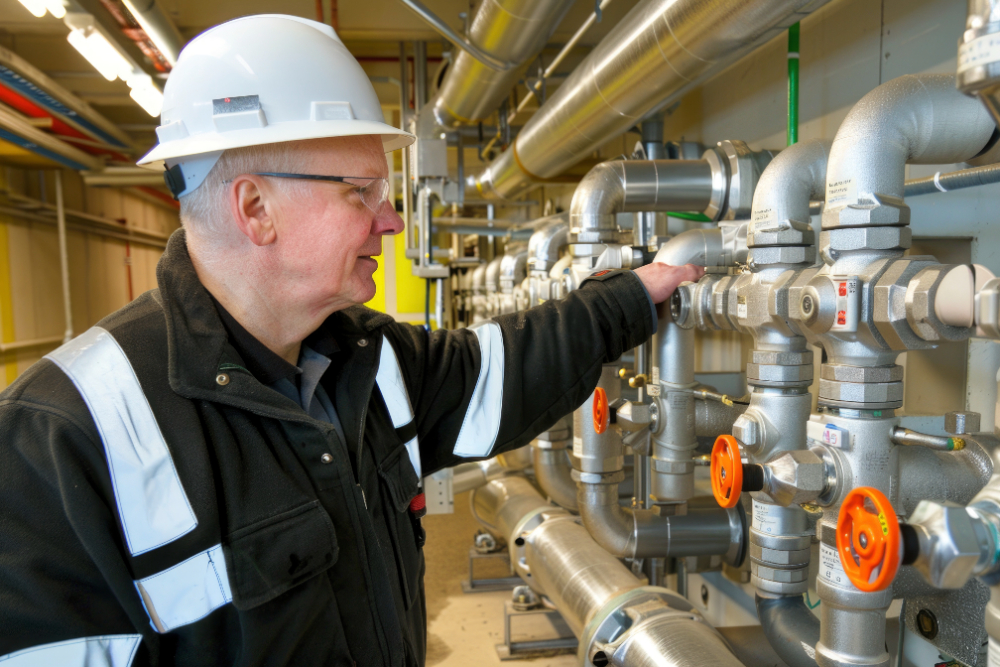1. Smart Valves for Enhanced Control
One major advancement is the integration of smart valves. These use sensors and actuators to monitor flow, pressure, and temperature in real time. By enabling precise adjustments, they ensure product consistency while reducing errors. Moreover, their self-diagnostic features help you detect issues early, keeping operations smooth and efficient.

2. Corrosion-Resistant Valves for Harsh Environments
In addition, new materials like stainless steel and advanced coatings have made valves more resistant to corrosion. These durable options withstand harsh environments, extending equipment lifespan and cutting maintenance costs. As a result, you can maintain uninterrupted operations while reducing long-term expenses.
3. Sanitary Valve for Food and Beverage Safety
Sanitation remains a top priority in brewing and winemaking. To address this, sanitary valves feature smooth surfaces and easy-to-clean designs, which prevent contamination. By using FDA-approved materials, these meet strict hygiene standards, ensuring your products remain safe and compliant.
4. Energy-Efficient Valves for Sustainability
As sustainability gains importance, energy-efficient valves have emerged as game-changers. These minimize energy consumption by optimizing fluid and gas flow. Consequently, they lower operational costs while helping you achieve sustainability goals, such as reducing your carbon footprint.

5. Automated Valves for Precision Control
For even greater control, automated valves allow you to regulate liquids and gases with exceptional precision. Their remote operation eliminates the need for manual adjustments, significantly reducing errors. In large-scale production environments, these ensure consistent quality, which is critical for maintaining customer satisfaction.
6. Valve Monitoring Systems for Predictive Maintenance
Advanced monitoring systems take valve maintenance to the next level. By using sensors to track performance, they identify wear and potential malfunctions early. This proactive approach minimizes downtime, extends valve lifespan, and lowers maintenance costs, keeping your production line running smoothly.

7. Valve Technologies for Pressure and Flow Control
Advances in pressure and flow control valves now allow for more accurate regulation. These technologies ensure optimal conditions during key stages, such as fermentation and packaging. With better control, you can consistently produce high-quality products while improving overall efficiency.
Clearly, advancements in valve technology are transforming brewing and winemaking. Smart, durable, and energy-efficient valves not only optimize processes but also reduce costs and promote sustainability. By staying informed and adopting these innovations, you can maintain a competitive edge while ensuring efficient and reliable production.

